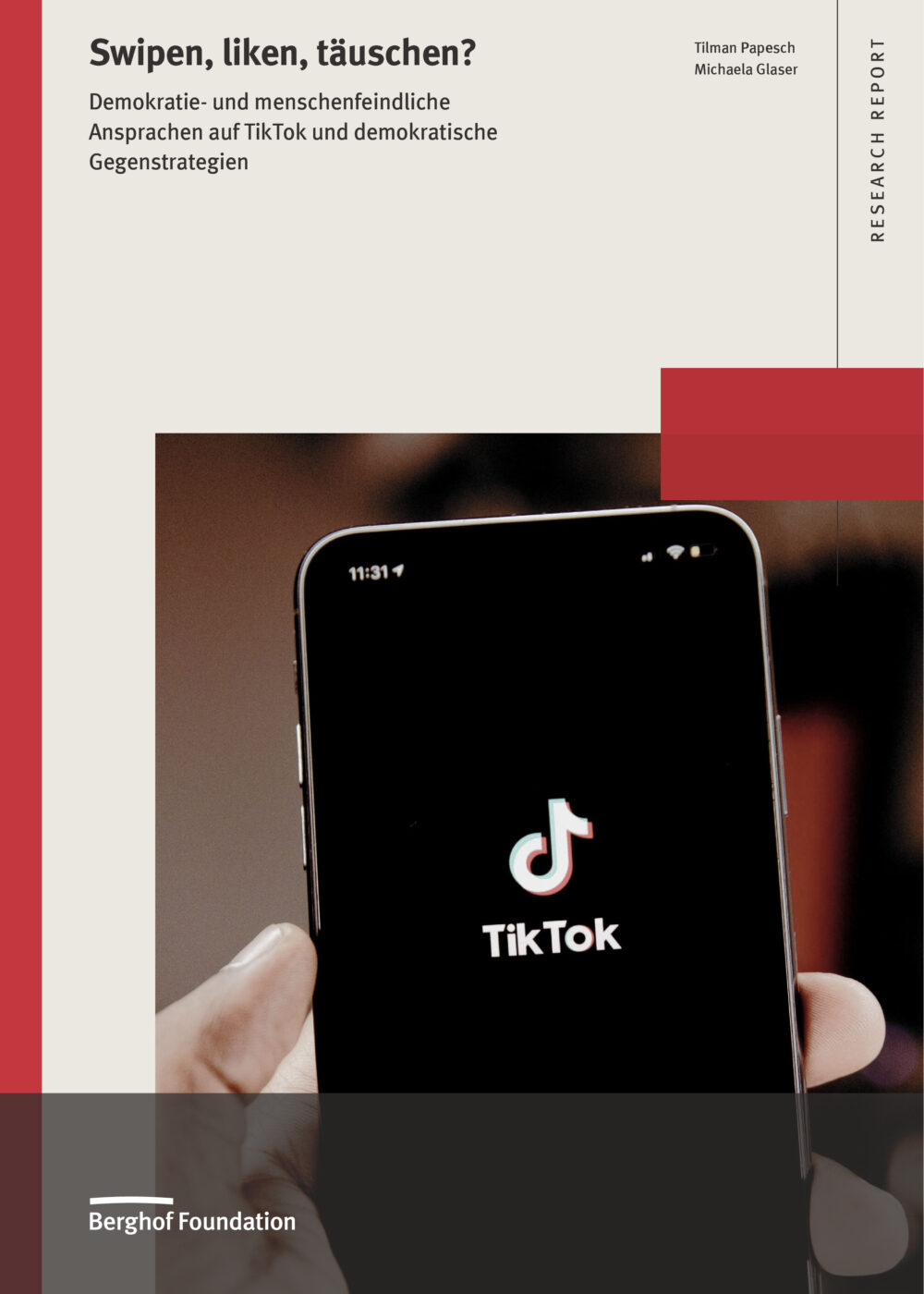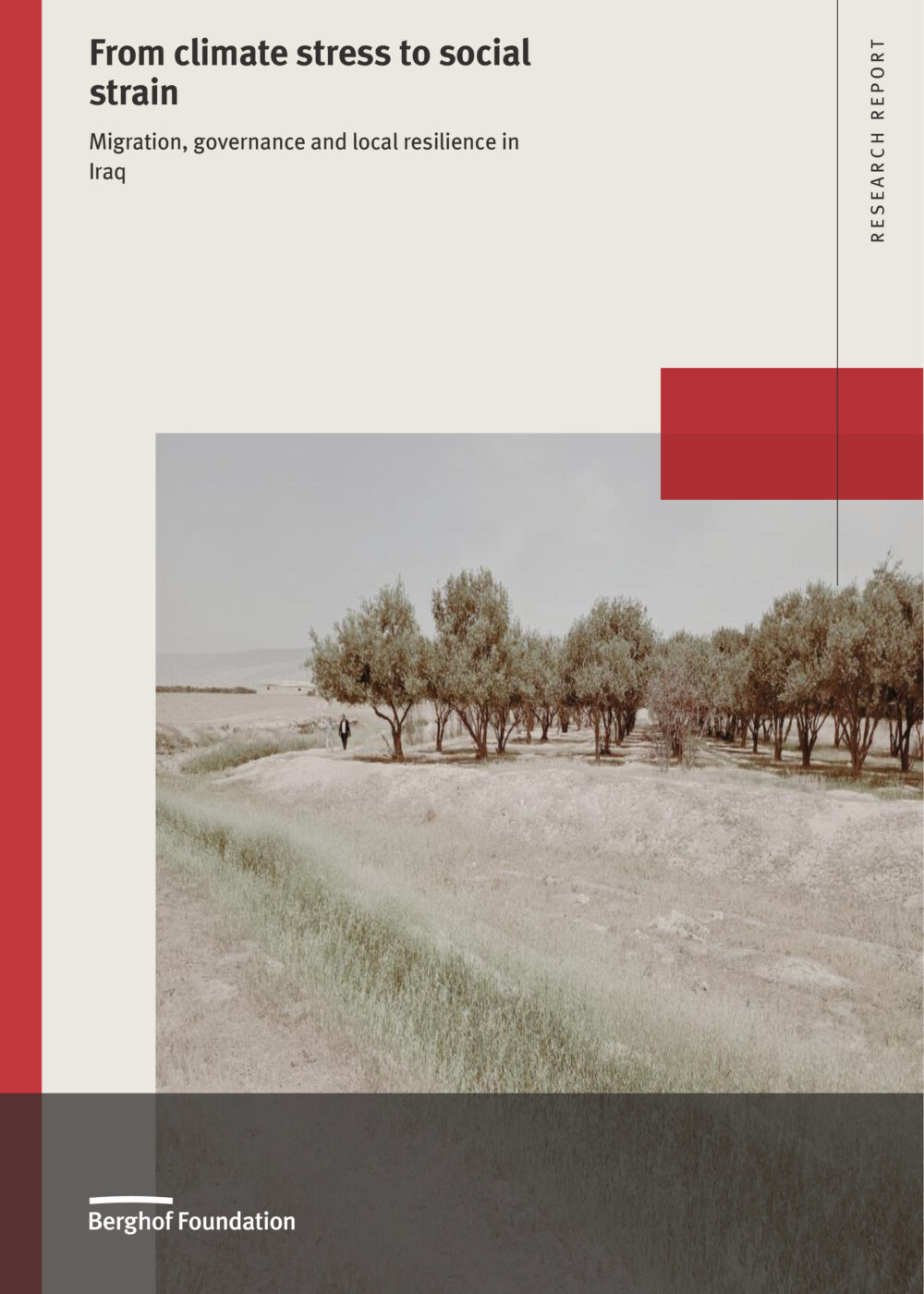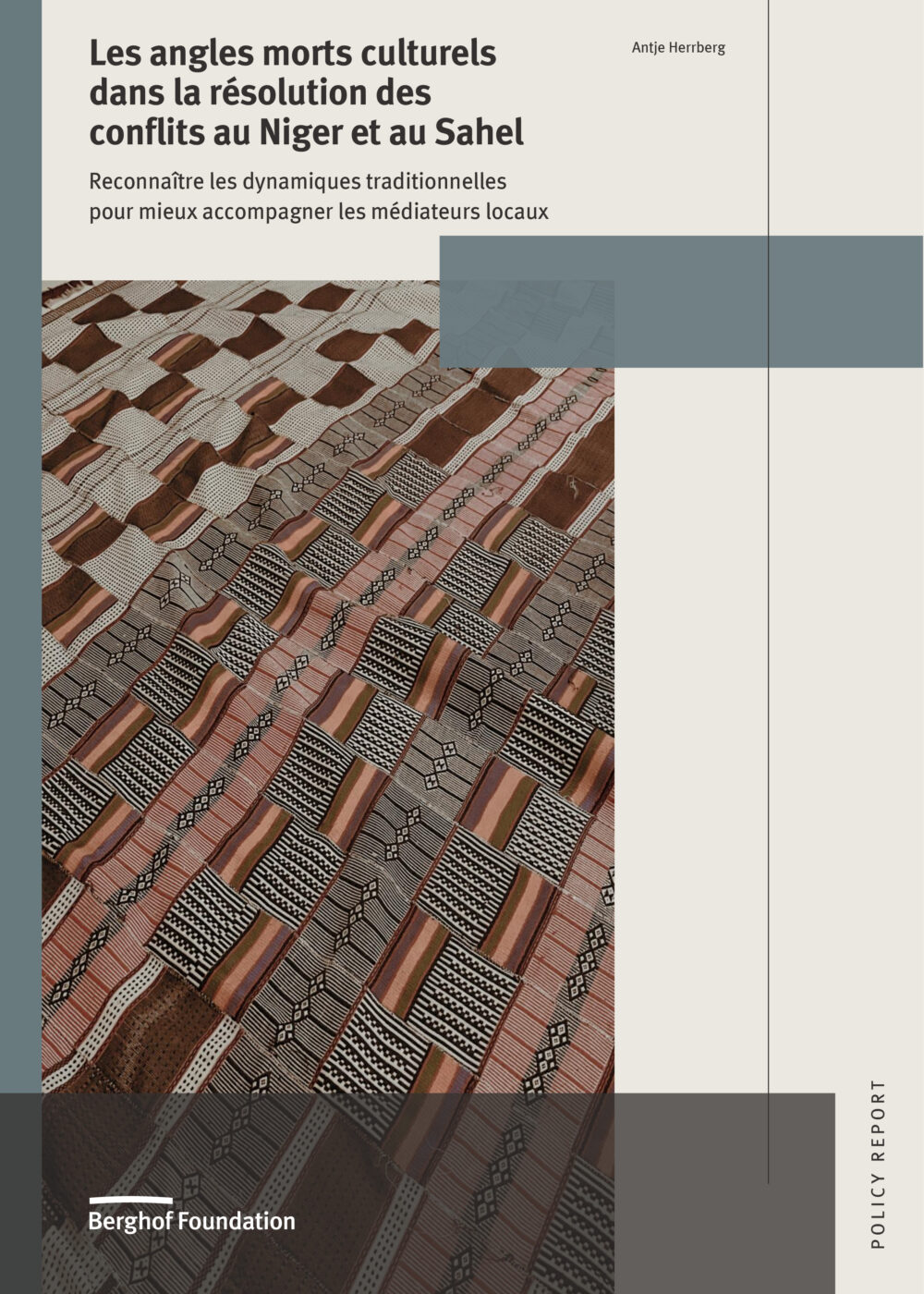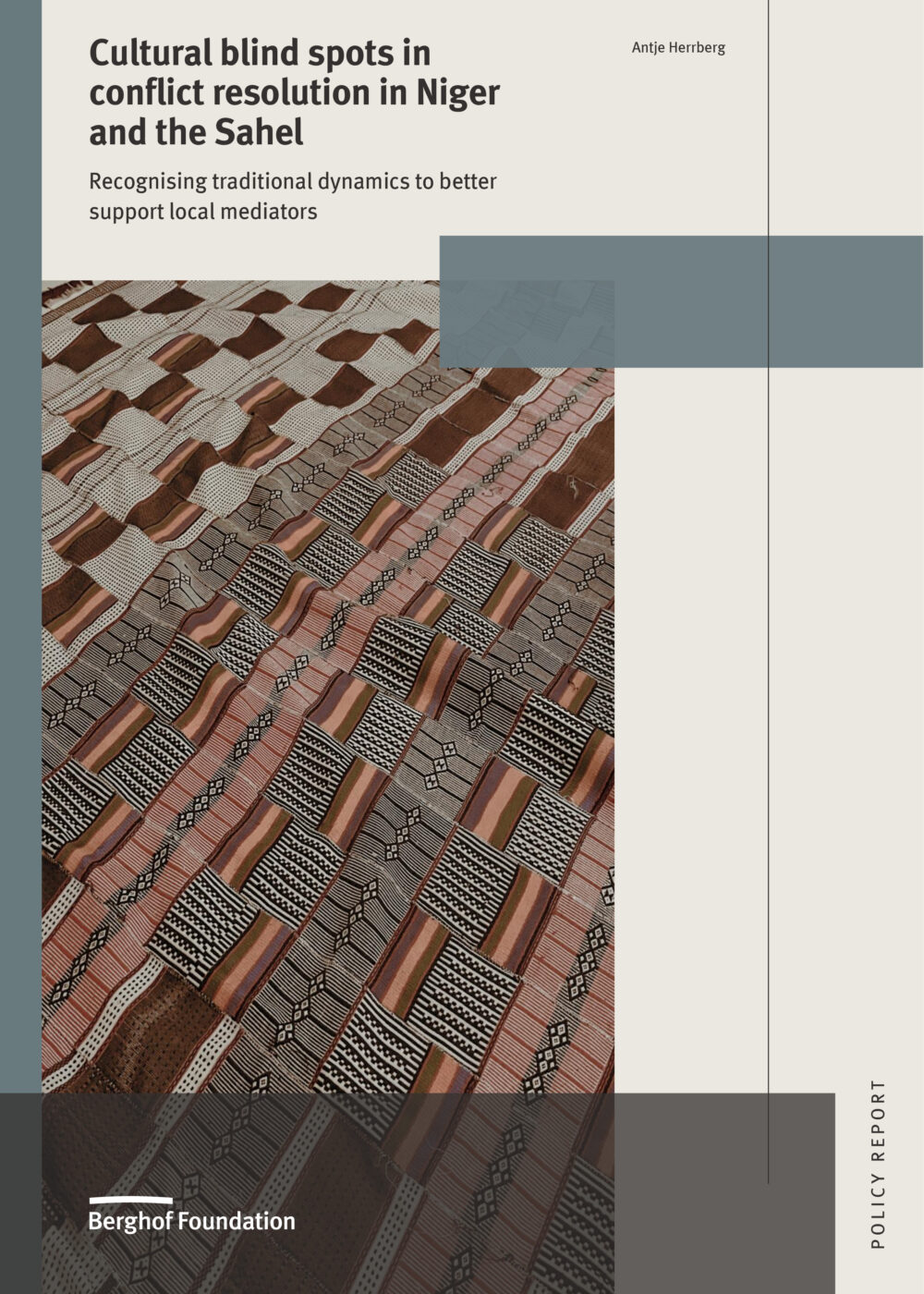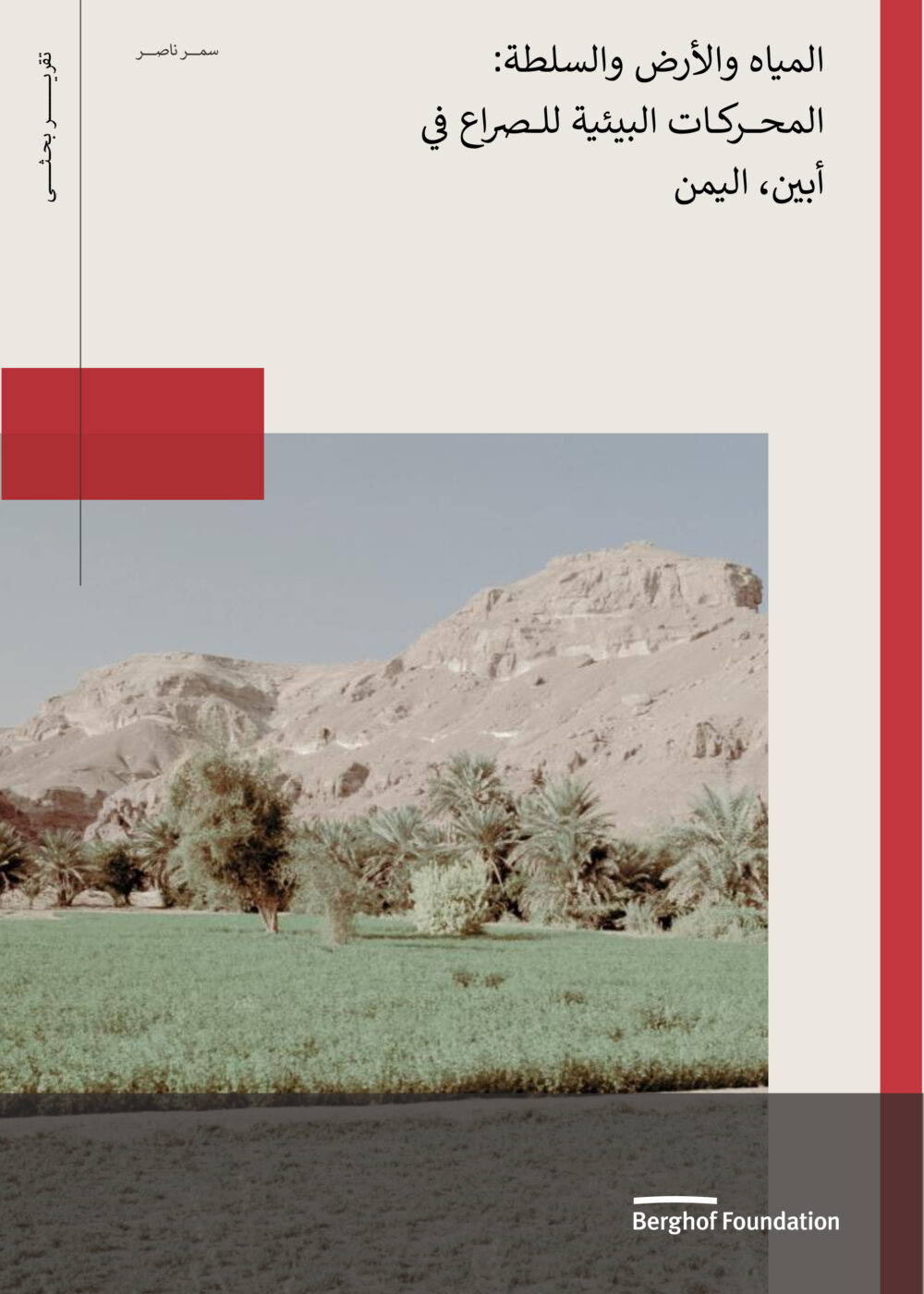18 Oct 2018
Community Perspectives on the Prevention of Violent Extremism in Macedonia
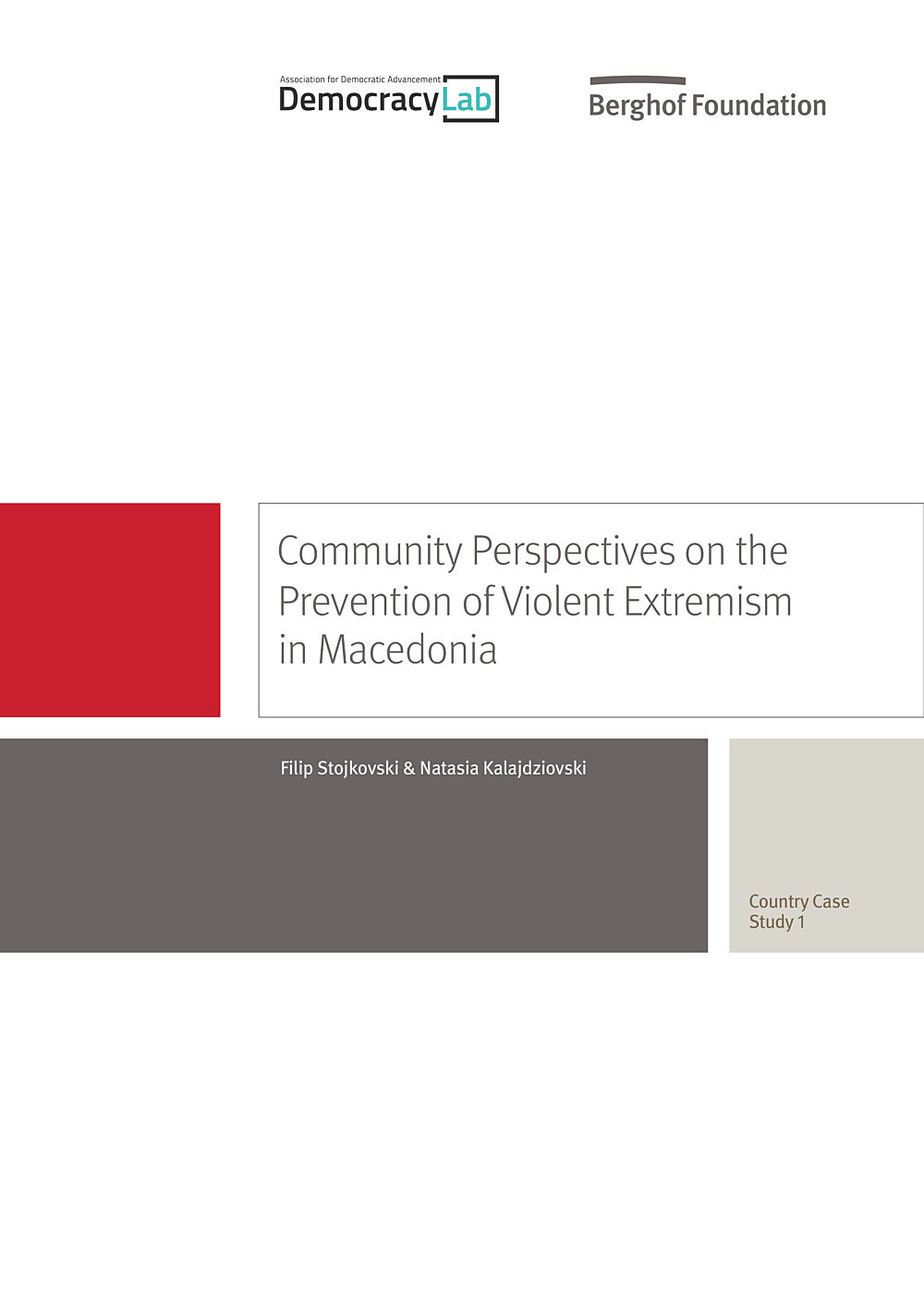
Increasingly, governmental strategies for preventing and countering violent extremism (P/CVE) are regarded as a necessary complement to broader counterterrorism strategies. Such inclusion is an acknowledgement that a pure securitisation approach is not entirely effective, and that a strategy which includes a “soft approach” to countering terrorism must seek to address social factors as well. However, within the Western Balkans region – and particularly in the Macedonian context – strategies to counter terrorism have been slow in adopting P/CVE approaches.
Authors
Filip Stojkovski, Natasia Kalajdziovski
As such, gaps in the literature on P/CVE in Macedonia exist. Research under the P/CVE banner has traditionally focused on the factors and drivers leading to violent extremism; while this kind of research has been critical, little has been done to delve more deeply into societal narratives. Given the “soft approach” inherent within the broader P/CVE framework, such a dearth in research is problematic from a policymaking standpoint. Therefore, this report puts forth a qualitative study on how community level dynamics contribute to instances of violent extremism, and seeks to provide relevant data to help policymakers empower communities so that they may become mechanisms of social change in the fight against violent extremism.
To this end, the report investigates three municipalities that vary in their level of affectedness within the Republic of Macedonia – Cair, Gostivar, and Struga – which have been deemed highly affected, moderately affected, relatively unaffected by the phenomenon of violent extremism, respectively. Fieldwork was conducted to gather data through the use of semi-structured interviews and focus group consultation. Moreover, this report employs an adapted version of the framework created by Mohammed Hafez and Creighton Mullins (2015) to represent the data and organise the report’s analysis.
- SQ - Shqip (Albanian) - Perspektivat e Komunitetit në Parandalimin e Ekstremizmit të Dhunshëm në Maqedoni
Thanks for your interest
If you find this publication useful, please consider making a small donation. Your support enables us to keep publishing.



